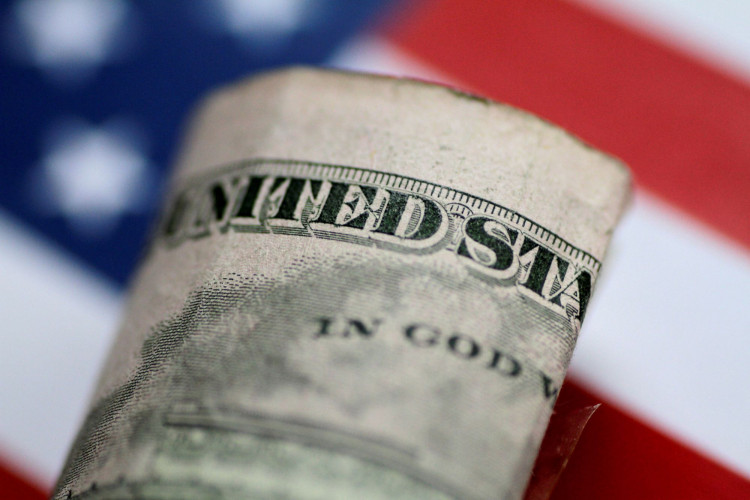Reuters - Bonds slipped, Japan stocks jumped to a three-decade high and other Asia equities indexes held near peaks Thursday as market participants concentrated on U.S. virus aid prospects and extended bets on international recovery and growth.
Japan's Nikkei rose 1.4% to its highest since August 1990. It is up more than 8% in three weeks. MSCI's broadest index of Asia-Pacific shares outside Japan was steady and just short of Monday's high.
U.S. Treasurys, which had climbed overnight after some reassurances that the U.S. Federal Reserve would keep buying bonds, were sold again after CNN reported that president-elect Joe Biden was considering a stimulus package as large as $2 trillion. The yield on benchmark 10-year Treasurys, which rises when prices fall, lifted 1.7 basis points in Asia.
Ten-year Treasury yields are up more than 19 basis points this year as market participants bet on Biden's borrow-and-spend agenda being able to clear a Democrat-controlled Congress - and as worry creeps in about when Federal Reserve's support might taper off.
S&P 500 futures rose 0.2% and Eurostoxx 50 futures rose 0.3%. "The No. 1 question for international markets and equities will be when will the Federal Reserve start tapering," said Frank Benzimra, head of Asia equity strategy at Societe Generale in Hong Kong. "This is where you can get some concern...but at the moment it is something that is a bit premature. We are in a context where you have growth accelerating, economic indicators are good, and in the U.S. the increased probability of fiscal stimulus."
Currency markets are taking a little more of a wait-and-see approach, as market participants are short dollars and wondering whether the eventual tapering might limit the dollar's decline.
The dollar rose 0.2% to 104.12 yen with U.S. yields after the CNN report, which cited one politician in contact with Biden's advisers as its source. Biden is due to announce his economic plans Thursday.
Traders are also anxious to hear from Fed chairperson Jerome Powell on Thursday, where any hint of an eventual tapering could send yields surging once more.
The Australian and New Zealand dollars steadied after slipping a little overnight, with the Aussie at $0.7733 and the kiwi at $0.7174. The euro nursed broad but modest losses at $1.2141 and 126.3 yen.
Stellar economic statistics, meanwhile, kept flowing in North Asia. China's exports grew more than expected in December - pointing to solid international demand - while machinery orders rose for a second straight month in Japan.
China blue chips eased from a 13-year peak hit Wednesday as market participants took some profits.
Hong Kong listed shares of technology companies Alibaba and Tencent rose after sources told Reuters and The Wall Street Journal that plans to extend a U.S. investment ban to the stocks had been scrapped.
In Washington, the Democrat-controlled House of Representatives impeached President Donald Trump for a second time. But markets have been more focused on his attacks on China companies.
Trump bolstered a ban on U.S. investments in Chinese companies deemed to be linked with the military by clarifying late on Wednesday that American market participants cannot own them after November 2021.
In commodity markets oil futures nursed modest losses as fresh surges in coronavirus cases stoke worries about more lockdowns and lower energy demand. Brent crude futures slipped 0.1% to $55.91 a barrel and U.S. crude futures fell by the same margin to $52.81 a barrel.
Gold, which pays no interest, has suffered as U.S. yields have climbed and it traded 0.2% lower at $1,838 an ounce - well below a two-month peak of $1,959 hit a week ago.





